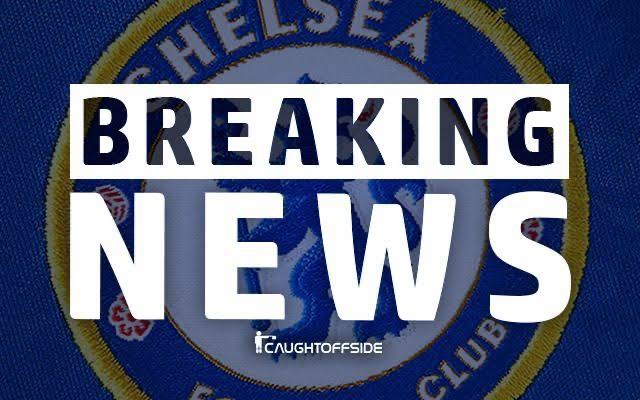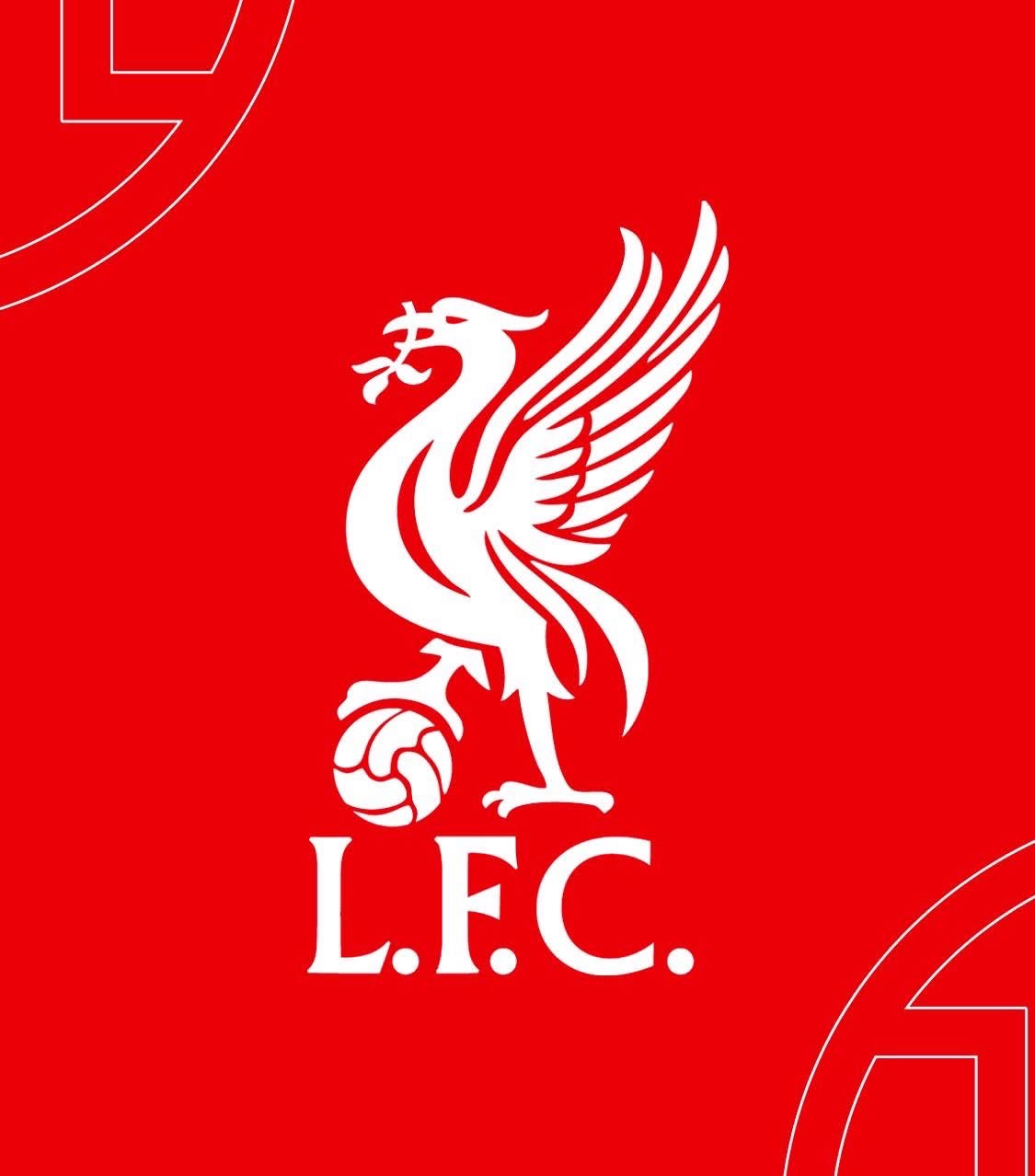When Enzo Maresca walked into Stamford Bridge as Chelsea’s new head coach, optimism was high. The Italian tactician, fresh off an impressive stint with Leicester City, was entrusted with reshaping a squad brimming with young talent but weighed down by inconsistency. Yet, just weeks into his tenure, reality has set in. Following a frustrating draw against Brentford, Maresca did not mince his words. His post-match comments sent shockwaves through Chelsea supporters and pundits alike.
“If he continues to be slow and sluggish like this, he doesn’t deserve to stay at this club. If he doesn’t improve in the next game, we’ll have no choice but to drop him,” Maresca said, his tone cutting and uncompromising.
For a coach who values tactical discipline and high-energy football, this was not just a critique of one player—it was a broader warning to his entire squad.
Chelsea’s Draw With Brentford: Missed Opportunity
The 1-1 draw with Brentford was more than a simple stumble. Chelsea had the majority of possession, dominated territory, and created multiple half-chances, yet failed to kill the game off. Brentford, ever resilient, punished lapses in concentration and ensured the Blues left frustrated.
For Maresca, who preaches control and fluid transitions, watching his side hesitate and slow down in critical phases was unacceptable. Brentford’s compact defense, while difficult to break down, was not invincible. Chelsea’s inability to sustain pressure in key moments allowed the Bees to regroup, and that left the manager furious.
The Mystery Player
While Maresca refrained from naming the player publicly, speculation immediately began. Fans and analysts quickly pointed to several underperformers. Was it a midfielder guilty of slowing transitions? A defender too hesitant on the ball? Or perhaps a forward failing to press with intensity?
Whoever it was, the message was crystal clear: no player is above accountability. Maresca has already demonstrated a ruthless streak in training, demanding high standards and quick adaptation to his style. This latest warning is proof that reputations will not protect anyone under his regime.
Why Maresca’s Words Matter
In modern football, managers often couch criticism in vague terms to protect morale. Maresca’s blunt approach marks a departure. By openly stating that sluggishness and lack of urgency are grounds for exclusion, he has set a precedent. Chelsea’s squad, filled with big names and hefty price tags, is being told in no uncertain terms that performances—not reputations—will determine who plays.
This approach can cut both ways. On one hand, it creates accountability and sharpens focus. Players who may have been coasting will realize their future depends on delivering consistent intensity. On the other hand, it risks unsettling confidence if not managed carefully.
Chelsea’s Larger Problem
The Brentford draw also exposed Chelsea’s broader issue: translating possession into results. Despite heavy investment in attacking talent, the Blues often struggle to turn control into goals. Maresca’s system, built on structured buildup and intelligent pressing, requires every player to operate at maximum intensity. One weak link—whether in pressing, passing, or positioning—can derail the entire approach.
Sluggish play is therefore not just an individual flaw; it undermines the collective. In elite football, seconds matter. A slow transition can allow opponents to reorganize, a delayed press can let a counter-attack develop, and a lack of sharpness in the box can turn chances into wasted opportunities.
A Familiar Warning
Maresca’s stern comments echo a familiar theme in Chelsea’s recent history. Under previous managers, from Graham Potter to Mauricio Pochettino, the club struggled with accountability. High-priced signings were often given extended opportunities despite poor form, creating a culture of complacency.
By drawing a line in the sand so early, Maresca is attempting to change that culture. He wants players to understand that standards must be non-negotiable. For a squad in transition, that clarity could prove invaluable.
The Fans’ Reaction
Supporters were quick to react to Maresca’s comments. Some praised his no-nonsense approach, arguing that Chelsea has been crying out for a manager willing to demand more from underperforming stars. Others worried that such public criticism might damage dressing room harmony.
On social media, speculation about the unnamed player dominated conversation. Some fans demanded that the coach “name and shame” to send an even clearer message, while others felt it was wiser to keep the identity private to protect the player’s confidence while still challenging him internally.
Lessons for the Squad
Regardless of who the comments were aimed at, the entire Chelsea squad will have taken note. Maresca’s words serve as a warning to all: there will be no passengers in his system. Energy, urgency, and discipline are non-negotiable qualities. Those who cannot keep up will be sidelined.
This message could galvanize the squad. Competition for places may intensify, pushing players to raise their levels. Training sessions will likely be sharper, and fringe players may sense a real opportunity to break into the lineup if established names falter.
The Road Ahead
Chelsea’s next fixtures will be crucial in revealing how the squad responds. A sharper, hungrier team would suggest that Maresca’s tough-love approach is paying dividends. Conversely, a repeat of sluggish performances would raise questions about whether his methods are resonating.
Maresca himself faces a delicate balancing act. While setting high standards is vital, he must also protect confidence and build trust. The best managers know when to be ruthless and when to be supportive. This early test could define his relationship with the dressing room.
Conclusion: A Turning Point
The Brentford draw may ultimately be remembered less for the dropped points and more for the moment when Enzo Maresca drew his line in the sand. His brutal warning was not just for one player—it was for the entire Chelsea squad. Performances must improve, urgency must be maintained, and complacency will no longer be tolerated.








